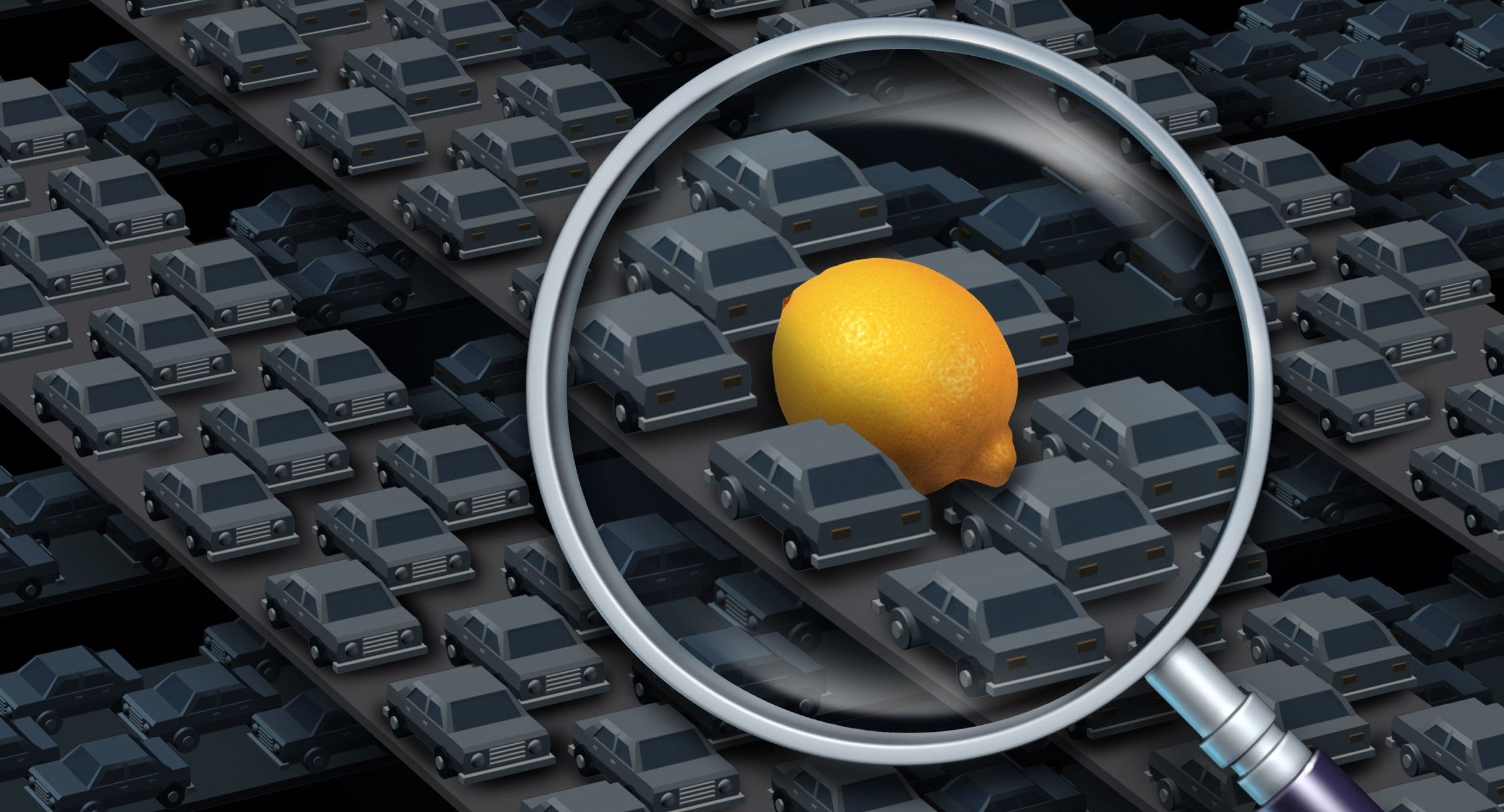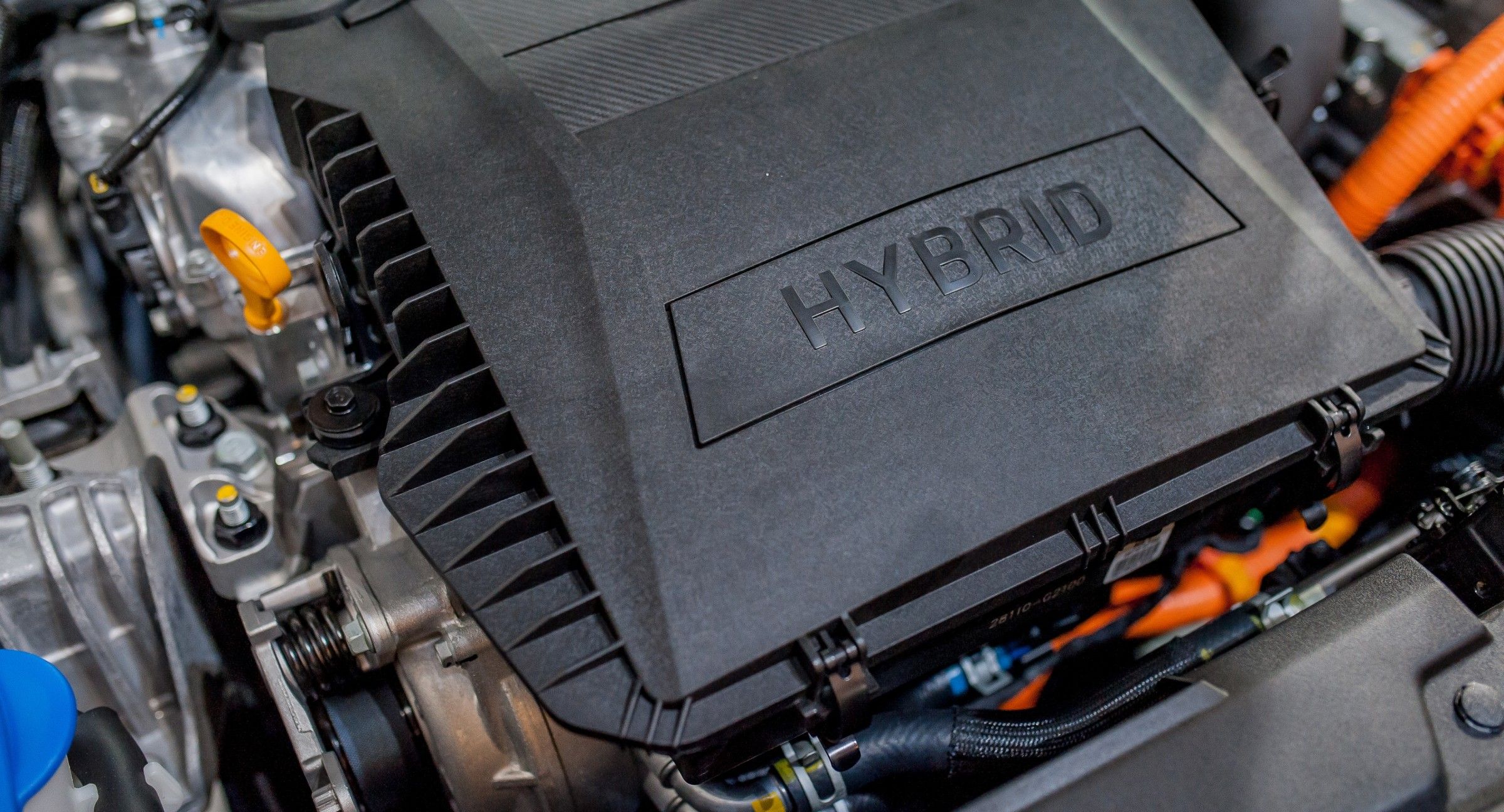Purchasing a vehicle should bean exciting milestone. But what happens when that car becomes a nightmare plagued with constant mechanical issues and trips to the repair shop? This is where the Lemon Law comes to the rescue.
However, it's important to understand what qualifies as a "lemon," how California's Lemon Law protects consumers, and whether its coverage extends beyond vehicles to other consumer goods. In this article, we'll explain all that and more.
What is the Lemon Law?
The Lemon Law is a consumer protection law designed to provide relief to anyone who has purchased or leased a defective vehicle or other consumer goods—commonly called a "lemon." The law protects buyers from being stuck with a vehicle with persistent mechanical problems, safety issues, or other defects that substantially impair its use, value, or safety.
Under the Lemon Law, if a vehicle meets certain criteria (which we'll explain below) and the manufacturer or authorized dealership fails to repair the recurring problems within a reasonable number of attempts, the consumer may be entitled to a refund, replacement vehicle, or monetary compensation.
Does the Lemon Law Only Apply to Cars?
No! While the term “lemon” is most commonly associated with cars, California’s Lemon Law extends protection to a variety of consumer goods, including:
- Motorcycles
- Boats
- Recreational vehicles
- Motorhomes
- Solar panels
- And even some appliances
The key is that the goods or vehicle must have been purchased or leased for personal or household use or for business use by a company with five or fewer vehicles registered to it. Additionally, the vehicle must have been delivered for repairs during the warranty period. Finally, the defects must substantially impair the vehicle’s safety, value, or utility.
How Does It Work In California?
The definition of “lemon” and the specifics of the Lemon Law vary from state to state. However, here are some key aspects of how the Lemon Law works in California. A car is considered a lemon if:
- The car was purchased in California; however, there are exceptions for online sales and for active duty military members.
- The car came with a warranty from the manufacturer or the dealership.
- The car has a defect covered by the manufacturer’s warranty.
- The consumer gives the manufacturer or its dealership a reasonable number of opportunities to fix the defect. Even if the dealership does not perform repairs to the vehicle on a visit, it still counts as a repair opportunity.
- The defect substantially impairs the vehicle's use, value, or safety and cannot result from neglect or abuse.
- If the manufacturer or its dealership fails to remedy the defect after a reasonable number of repair opportunities, the consumer may be entitled to a refund, vehicle replacement, or monetary compensation.
Don’t Let a Lemon Sour Your Consumer Experience!
Are you a California consumer who purchased a defective car, RV, motorcycle, or product that fails to meet warranty standards? Get legal assistance from CA Consumer Law APC. Our team has extensive experience in California's Lemon Law, helping consumers seek recourse against manufacturers. Request a free consultation today!








